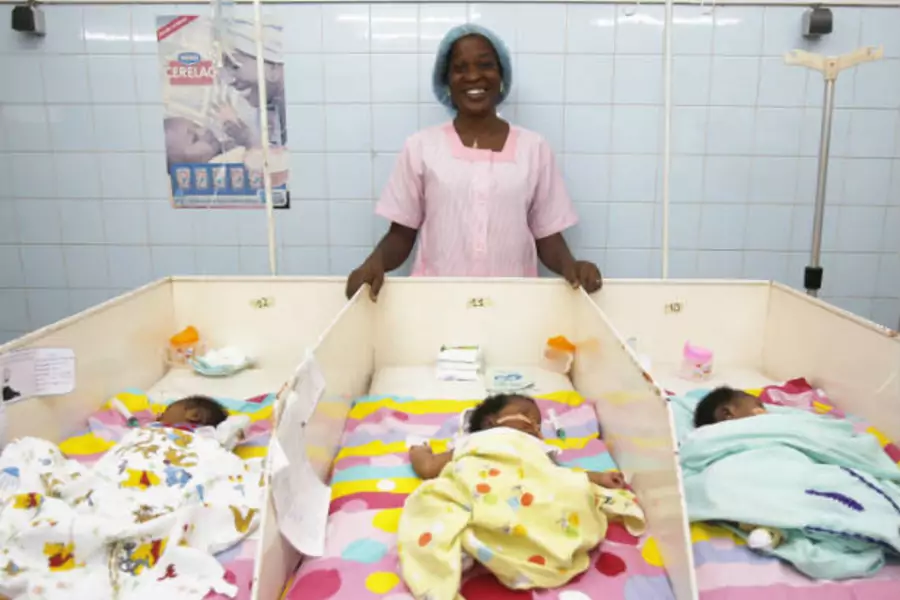Why the Women Deliver Conference Matters

More on:
Voices from the Field features contributions from scholars and practitioners highlighting new research, thinking, and approaches to development challenges. This article is authored by Dr. Daniela Ligiero, Vice President, Girls and Women Strategy at United Nations Foundation.
On May 16, over 5,000 people from around the world (leaders, advocates, policymakers, journalists, and researchers) will descend upon Copenhagen for the fourth Women Deliver conference.
In the world of international development, any conference that includes thousands of people, no matter how interesting or important the focus, is likely to receive some degree of criticism—ranging from questions about usefulness, cost, and objectives to outright eye rolling.
But there are times when a conference like this is of critical importance. This is such a time.
Last year, the world came together to adopt a new development framework, the Sustainable Development Goals (SDGs). To make the agenda a success, this year needs to be about moving from goals to action—moving from the “what” to the “how.” The focus of Women Deliver will be how to implement the SDGs so they matter most for girls and women. Here are the top three reasons why the Women Deliver conference matters for SDG implementation:
Civil society matters. Civil society played a key role in the process leading up to the adoption of the global goals. Moving forward, there is a need to ensure that civil society continues to be engaged in both the implementation and monitoring of the agenda—exactly how this will happen is still not clear. The success of the SDGs depends on ensuring there is a social contract among various actors to move the agenda forward, so that we can keep each other accountable and learn from both successes and challenges along the way. There is great value in having civil society efforts that complement the official efforts of national governments and UN agencies to support, inform, and monitor progress on SDG implementation. Civil society, along with governments and the private sector, will be present at Women Deliver in full force.
Integration matters. Women Deliver is not a conference about Goal Five (the stand-alone gender equality goal). Like the SDGs, it is dedicated to putting people at the center—in this case girls and women—to drive progress across all the goals. A key lesson from implementing the eight Millennium Development Goals is the need to move beyond operating in silos, or focusing exclusively on a single goal, while ignoring the relationships across goals. Implementing seventeen different agendas at once will be much more challenging and inefficient than doing so for eight. Women Deliver started as a conference focused on maternal health, but has smartly evolved. This year, in addition to sexual and reproductive health issues, there will also be a focus on economic empowerment, violence, education, and climate—and how all of these connect.
Re-energizing matters. Getting the SDGs adopted took years of hard work, and those who engaged in the process started 2016 exhausted. The biggest risk to the success of the SDGs is the loss of momentum, drive, and passion. Working to empower girls and women can at times be tough, lonely, and draining. Women Deliver offers an important moment for actors around the world to re-energize and recommit themselves to the new sustainable development agenda. In the words of the conference organizers, Women Deliver 2016 will be a “fueling station where—onsite and online—we will learn from each other and leave with new ideas and inspiration, energized to push for ambitious action.” This will make us more powerful and effective.
More on:
 Online Store
Online Store